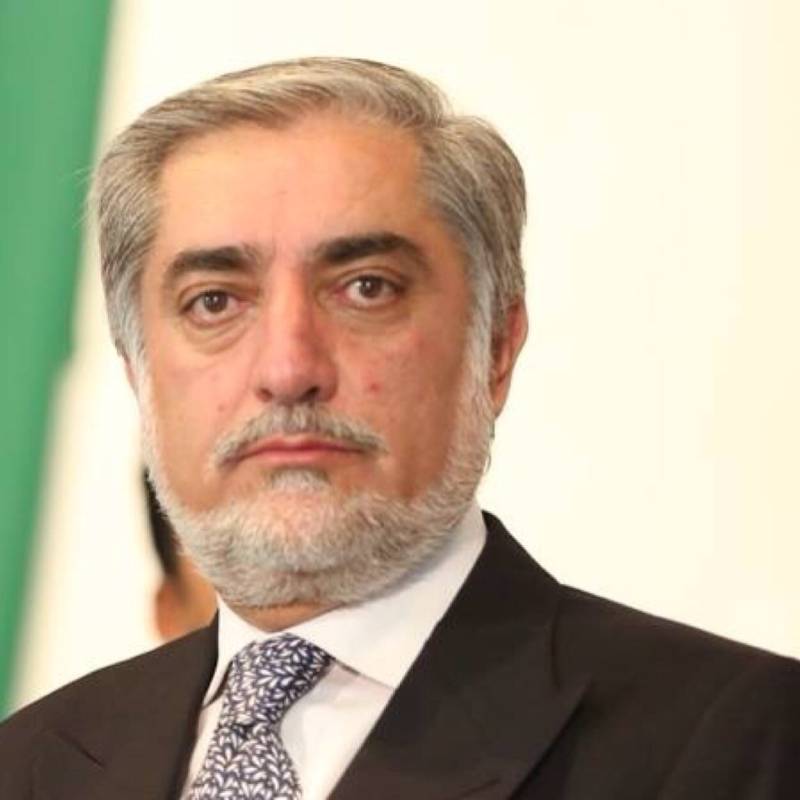Afghanistan was supposed to get a new start one year ago. After 13 years in power, President Hamid Karzai, who had led the country since the Taliban government was defeated after the 9/11 attacks, finally stood down.
After a contentious election in 2014, with widespread claims of ballot rigging, the two main candidates were persuaded to share power. Dr Ashraf Ghani became president and his opponent, Dr Abdullah Abdullah, the chief executive.
All this happened to coinicide with the departure of many of the international forces in the country, leaving the Afghan army and police in charge of security.
At the peak of the US-led Afghanistan combat mission there had been about 130,000 US and NATO troops in the country. Now there are about 16,000.
This has led to an increase in insecurity and a very negative effect on the country's economy. Corruption is rife and jobs are few and far between.
Civilian casualties have soared to a record high in the first half of 2015 according to a UN report, and many Afghans are leaving the country to escape increasing violence. Afghans are the second-largest group of refugees seeking asylum in Europe.
"The current security situation is challenging. Perhaps people don't have confidence in the future of security.That is the main issue [why people are leaving Afghanistan] and it is something we have to address.... It has turned into a crisis for Europe," says Abdullah Abdullah.
So how are the two rivals managing working together? How will they cope with the country's deteriorating security situation? How do they deal with the Taliban? And what is Pakistan's role in Afghanistan?
Afghan Chief Executive Abdullah Abdullah joins Talk to Al Jazeera to discuss the political and economic challenges facing Afghanistan; the threat of ISIL and the Taliban; and why so many Afghans are fleeing to Europe.
Courtesy Aljazeera






